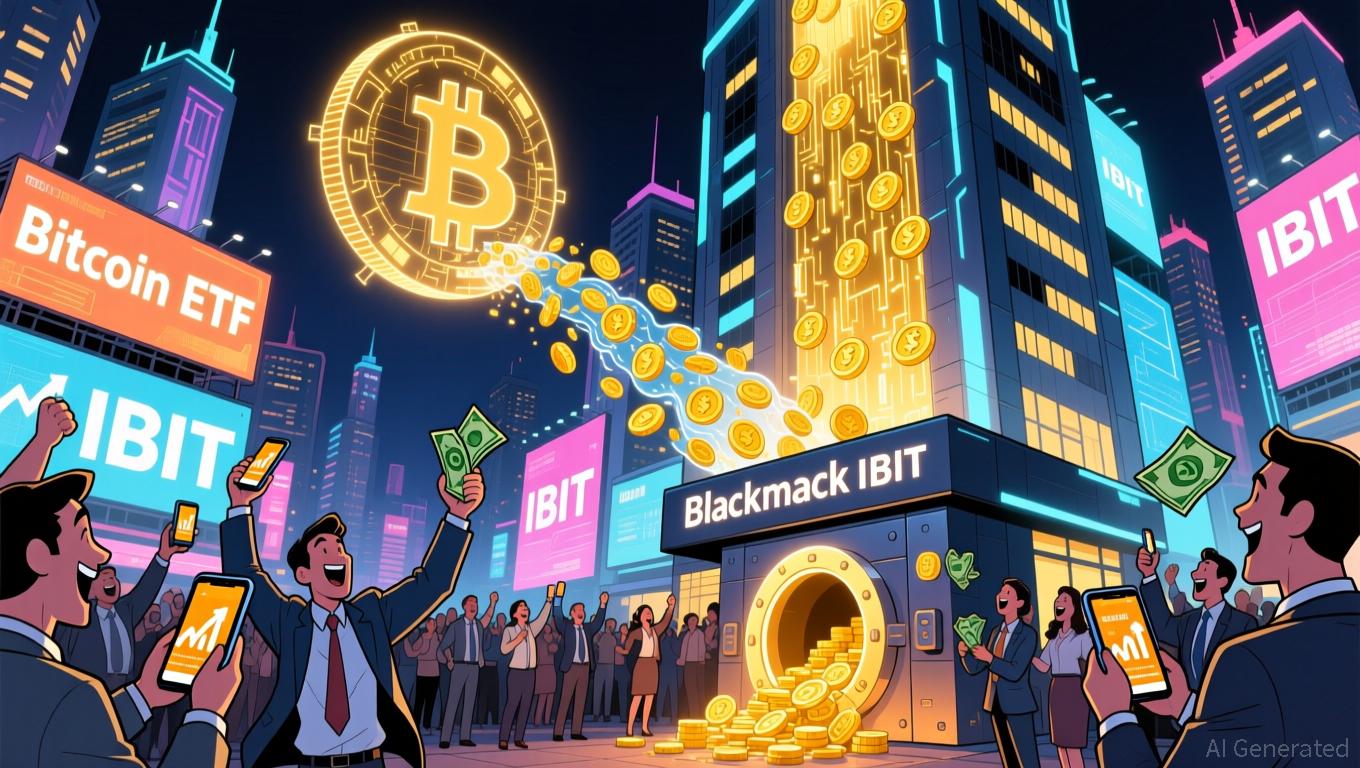Community colleges are becoming more attractive as students place greater importance on cost rather than reputation
- Chris Tomasso, CEO of First Watch , advocates for community colleges as a cost-effective alternative to traditional universities, emphasizing practicality over prestige. - Rising student debt and tuition-free programs in 30+ states drove a 4% 2025 community college enrollment increase, outpacing university growth. - For-profit institutions like Legacy Education saw 38.5% revenue growth from enrollment surges, while Stride Inc. faces lawsuits over alleged enrollment fraud and declining student numbers. -
Chris Tomasso, the chief executive officer of
The attractiveness of community colleges is growing as student debt rises and the expense of four-year colleges becomes harder to bear.
This movement is not limited to individuals. Organizations such as

Technology is also transforming how schools attract students. Havana, an edtech company, has recently introduced an AI-powered recruitment platform that allows schools to connect with potential students around the clock through various channels. This solution has already
Tomasso’s advice to Generation Z—choose resourcefulness over reputation—rings true as traditional career paths are being reimagined. His own professional journey, which began with a retail job to buy a suit for an NBA internship, demonstrates the importance of taking initiative. "Let people see your eagerness to learn," he recommended,
Disclaimer: The content of this article solely reflects the author's opinion and does not represent the platform in any capacity. This article is not intended to serve as a reference for making investment decisions.
You may also like
Bitcoin Updates: Corporate Bitcoin Holdings Transform Crypto Industry While MicroStrategy Stands Strong Amid Market Fluctuations
- MicroStrategy's Michael Saylor denied Bitcoin sale rumors, reaffirming the company's aggressive BTC accumulation strategy despite market volatility. - The firm holds 641,692 BTC ($61.3B) but faces liquidity risks as its market value dips below holdings' net asset value for the first time. - Leveraged debt ($47.5B) and falling BTC prices raise concerns about a "death spiral," though analysts suggest forced sales are unlikely until 2027. - Saylor's bullish stance contrasts with market jitters, as corporate

Bitcoin Updates: Harvard’s Investment in Bitcoin Challenges Previous Doubts as More Institutions Join
- Harvard University tripled its Bitcoin stake in IBIT, now holding $442.8M in the ETF, making it the fund's 16th-largest holder. - The move defies past skepticism from Harvard economists like Kenneth Rogoff, who once predicted Bitcoin would fall to "$100 rather than $100,000". - Institutional adoption grows as Abu Dhabi's Al Warda and Emory University also boosted Bitcoin ETF holdings, despite recent market volatility and outflows. - Harvard's 0.6% Bitcoin allocation in its $57B portfolio highlights crypt

Bitcoin Updates: Bitcoin Drops, Harvard's $364 Million ETF Investment Shows Institutional Commitment
- Harvard University increased its BlackRock IBIT Bitcoin ETF stake by 257% to $364.4M, becoming a top institutional holder. - The $50B endowment also doubled gold ETF holdings, treating both assets as inflation hedges amid macroeconomic uncertainty. - Emory and Abu Dhabi's Al Warda similarly boosted crypto-linked ETFs, signaling institutional confidence in regulated digital assets. - Analysts highlight Harvard's ETF adoption as rare validation, with U.S. spot Bitcoin ETFs attracting $60.8B in inflows sinc

Astar 2.0's Tactical Rollout and Its Impact on DeFi Advancements
- Astar 2.0 introduces institutional-grade DeFi architecture with 6-second block times and 150,000 TPS via Polkadot's async protocol. - Cross-chain interoperability with LayerZero/CCIP enables seamless asset transfers across Ethereum , BSC, and Polkadot ecosystems. - Strategic partnerships with Mizuho Bank, Casio, and Japan Airlines demonstrate real-world applications in CBDCs, logistics, and digital rewards. - $3.16M institutional ASTR purchase and 20% QoQ wallet growth highlight growing confidence in its
